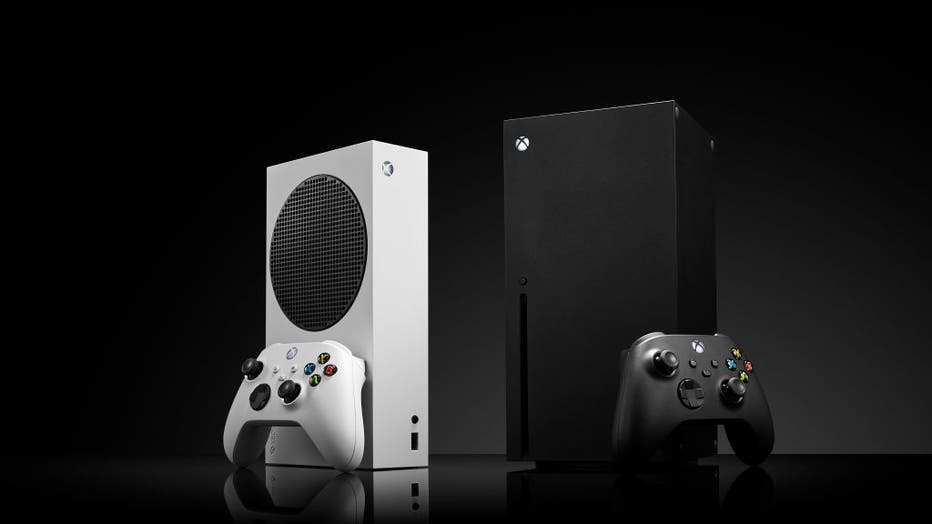Microsoft raises Xbox prices globally as tariffs shake gaming industry

President Donald Trump reveals new budget
The White House revealed the new 2026 fiscal budget. The budget plan would slash non-defense domestic spending by $163 billion while increasing expenditures on national security, according to statements released by the White House.
LOS ANGELES - As gamers gear up for summer releases, many are discovering higher price tags on some of their favorite consoles. Microsoft has raised the recommended prices for its Xbox Series X and Series S consoles, as well as accessories, in countries around the world. While the company didn’t directly point to tariffs, the move comes amid growing trade tensions and rising development costs.
The price hikes add pressure to a gaming industry already navigating economic headwinds—from inflation and supply chain strain to geopolitical shifts that are reshaping how tech giants do business globally.
Why did Microsoft raise Xbox prices?
The backstory:
In a Thursday update, Microsoft said the pricing adjustments are due to "market conditions and the rising cost of development." While it stopped short of explicitly naming tariffs, the timing aligns with the latest round of import taxes enacted by the Trump administration.
The Xbox Series X now starts at $599.99 in the U.S.—a $100 increase from its original $499.99 launch price. The more budget-friendly Series S rose from $299.99 to $379.99. Accessories like wireless controllers and headsets are also more expensive in North America.
Global pricing is shifting too, with Microsoft confirming changes in Europe, the U.K., Australia, and other regions.
The other side:
In a statement online, Microsoft acknowledged the challenge these changes pose for customers: "We understand that these changes are challenging," the company wrote, while noting it would continue to monitor market conditions.

A pair of Microsoft home video game consoles, including an Xbox Series S (L) and Xbox Series X, taken on October 27, 2020. (Photo by Phil Barker/Future Publishing via Getty Images)
Meanwhile, Microsoft reported strong financials in its latest earnings—$70.07 billion in revenue and $25.8 billion in net income for the January–March quarter. The personal computing segment, which includes Xbox, rose 6% in revenue. But that report predates the full implementation of new US tariffs.
Big picture view:
Microsoft isn’t alone in adjusting prices. Sony raised PlayStation 5 prices in several regions in April, citing economic challenges including inflation and currency fluctuations. Nintendo delayed preorders of its upcoming Switch 2 console in April, and later confirmed accessory price increases—though it held the base console price at $449.99.
Experts say that while current pricing shifts may appear modest, the full impact of trade policies and economic uncertainty could ripple through the tech and gaming sectors in the months ahead.
What's next:
Gamers may face even more price bumps this holiday season. Microsoft said it expects new first-party Xbox titles to debut at $79.99 later this year. If inflation and tariffs continue to climb, consoles, accessories, and games could all become more expensive industry-wide.
The Source: This article is based on reporting from The Associated Press, including Microsoft’s public support update and statement provided to AP.

